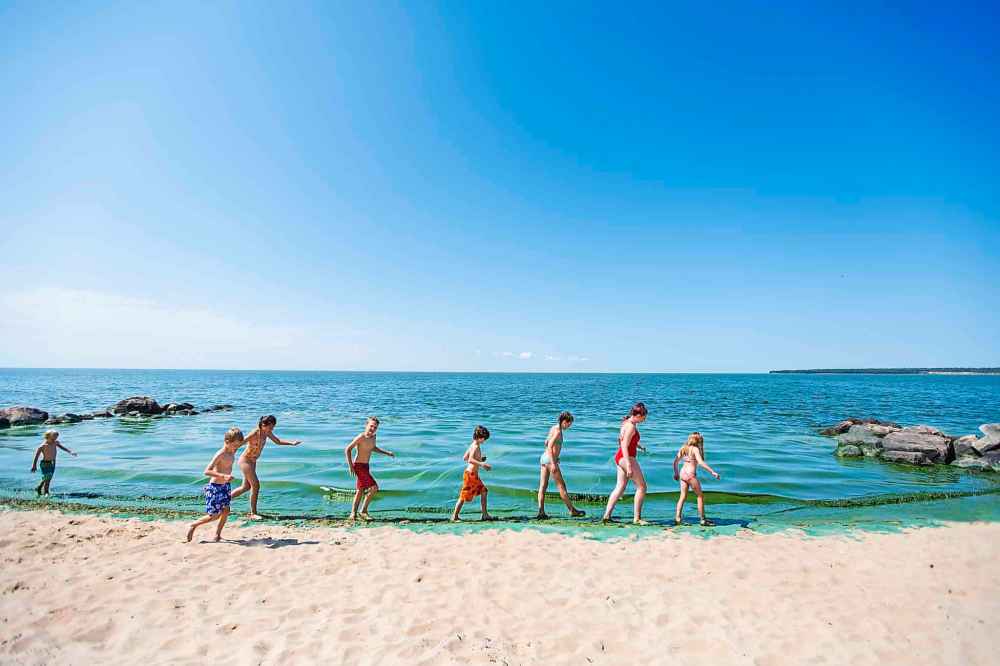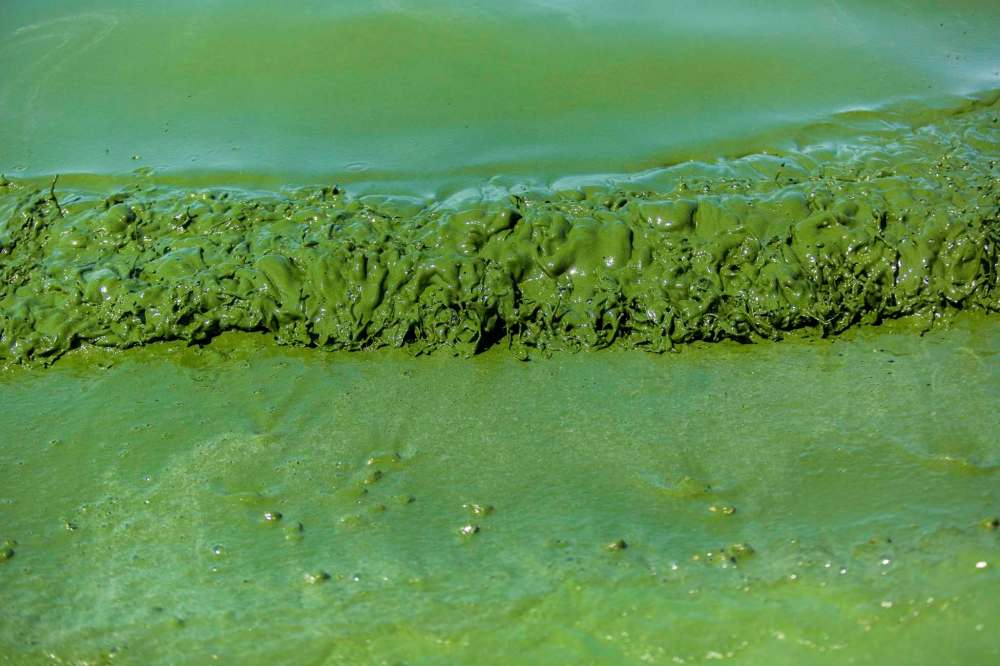Manitoba Liberals declare war on algae blooms; Lamont unveils rescue plans for lake, wetlands
Advertisement
Read this article for free:
or
Already have an account? Log in here »
To continue reading, please subscribe:
Monthly Digital Subscription
$0 for the first 4 weeks*
- Enjoy unlimited reading on winnipegfreepress.com
- Read the E-Edition, our digital replica newspaper
- Access News Break, our award-winning app
- Play interactive puzzles
*No charge for 4 weeks then price increases to the regular rate of $19.00 plus GST every four weeks. Offer available to new and qualified returning subscribers only. Cancel any time.
Monthly Digital Subscription
$4.75/week*
- Enjoy unlimited reading on winnipegfreepress.com
- Read the E-Edition, our digital replica newspaper
- Access News Break, our award-winning app
- Play interactive puzzles
*Billed as $19 plus GST every four weeks. Cancel any time.
To continue reading, please subscribe:
Add Free Press access to your Brandon Sun subscription for only an additional
$1 for the first 4 weeks*
*Your next subscription payment will increase by $1.00 and you will be charged $16.99 plus GST for four weeks. After four weeks, your payment will increase to $23.99 plus GST every four weeks.
Read unlimited articles for free today:
or
Already have an account? Log in here »
Hey there, time traveller!
This article was published 02/08/2019 (2321 days ago), so information in it may no longer be current.
A few hours before the mass long-weekend exodus out of the city, Manitoba Liberals announced their plan to save Lake Winnipeg from the blue-green algae-bloom assault on its shores.
Summer slime: Algae blooms haunt Lake Winnipeg shores

Posted:
VICTORIA BEACH — A striking, smelly scourge continues to haunt Lake Winnipeg hot spots, and might be enough to scare off people seeking a relaxing long weekend getaway.
On Friday, Liberal Leader Dougald Lamont said his party would spend $5 million on an interim upgrade to the City of Winnipeg’s North End Water Pollution Control Centre, which would reduce phosphorus emissions by 70 per cent.

The treatment plant is the single largest phosphorus emitter polluting Lake Winnipeg, contributing about five per cent of nutrients, according to a joint report from the Lake Winnipeg Foundation and International Institute of Sustainable Development. Both groups recommended adding ferric chloride to the plant’s water to bind and remove phosphorus.
Lamont also pledged $500 million for “Save Lake Winnipeg Bonds” dedicated to building infrastructure projects that would preserve the lake and wetlands across the province. The bonds would range in price and come out of provincial coffers, though Lamont wasn’t clear exactly where the money would come from.
“It’s just a question of how the financing is working. And there’s a way of doing this so we can get ahead of it now without having to massively hike people’s taxes. We don’t want to do that,” he said.
“So part of this is to say this is a bond issue. We’ll make this possible so we can actually get all these projects rolling right away.”
Lamont decried the Progressive Conservative government for not acting quickly enough to preserve Lake Winnipeg and not tapping into federal funding available for cost-shared green infrastructure projects.
Sustainable Development Minister Rochelle Squires, responding in a prepared statement, shot back that Lamont’s claims weren’t true. Manitoba has approved two projects under the Investing in Canada Infrastructure Program to date, including a Friday announcement about upgrades to Portage la Prairie’s wastewater project and an April announcement of upgrades to Niverville’s Community Resource Centre.
Squires noted other challenges to improving Lake Winnipeg’s water quality, beyond the North End plant’s phosphorus emissions.
“Virtually all activities across the Lake Winnipeg Basin, including point sources such as municipal wastewater and industrial discharges, and non-point sources such as excess runoff from agriculture, golf courses and urban and cottage areas, contribute nutrients to Lake Winnipeg,” she said.
“Our government is dedicated to working with our partners in sustainability and other levels of government to continue protecting our natural resources.”
Other planks in the Grits’ campaign plan include creation and restoration of wetlands and using “sound science” to track Lake Winnipeg’s fish populations and manage its fishery.
“Everyone knows we can’t keep using our lakes and rivers as an open sewage lagoon, which is what we’ve been doing. But nobody has been willing to actually commit to making it happen until today,” Lamont said.
Manitobans head to the polls Sept. 10.
jessica.botelho@freepress.mb.ca
Twitter: @_jessbu
History
Updated on Friday, August 2, 2019 5:19 PM CDT: Writethru




